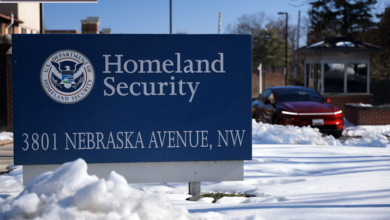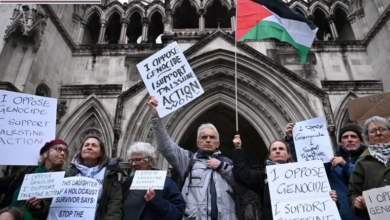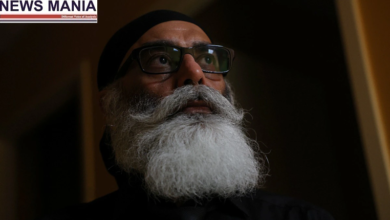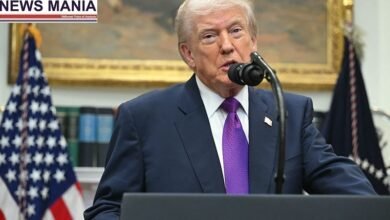Presidential polls in Sri Lanka with a 60% turnout
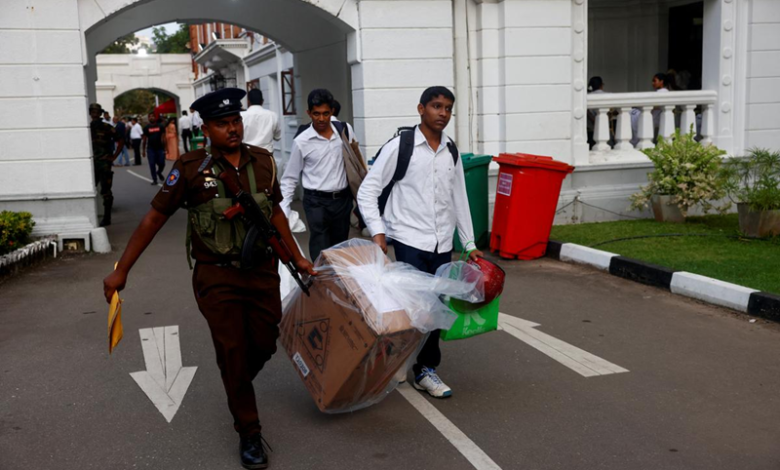
News Mania Desk/ Piyal Chatterjee / 21st September 2024
All 22 voting districts in Sri Lanka ended polling on Saturday without any reports of violence or security breaches. These are the country’s pivotal presidential elections, the first since the island nation’s worst economic collapse in 2022. Election officials announced that voters could cast ballots after the deadline as long as they arrived at the polls by 4 p.m.
The ultimate voting percentage is still unknown, according to officials. They reported that by 2:00 pm, over 60% of the 17 million eligible voters had cast ballots.By midday, observers reported that voting in Jaffna’s northern district had slowed to a trickle. Prior to the election, a hardline organization from the Tamil minority had dissuaded people from casting ballots.
As soon as the polls closed at 4 p.m., officials reported, the postal vote count started.Mostly election officials, military personnel, and police cast postal ballots. Four days prior, the postal vote was held.
“At 6 pm, we would like to start normal counting,” Colombo City Deputy Election Commissioner MKSKK Bandaramapa stated earlier in the day following the counting of mail-in votes.Almost 8,000 poll observers from both domestic and international polls were deployed for the election. 116 foreign observers from the EU, Commonwealth, Asian Network of Elections, and seven from South Asian nations were among them.
The main local organization, People’s Action for Free and Fair Elections (PAFFREL), sent out 4,000 local observers. Ranil Wickremesinghe, the current president, will be put to the test in the election because he has claimed responsibility for starting the nation’s economic recovery.
With 38 contenders running, analysts say that this election is the most hotly contested presidential battle since 1982.There were about 13,400 polling places where almost 17 million individuals may cast their ballots. More than two million officials were sent to carry out the election. Buddhist temple halls, community centers, and schools were transformed into places to cast ballots.
Wickremesinghe faced fierce competition in the three-cornered election from Anura Kumara Dissanayake, 56, of the National People’s Power (NPP), Sajith Premadasa, 57, of the Samagi Jana Balawegaya (SJB), and the leader of the main opposition. Running as an independent, Wickremesinghe, 75, is hoping to win reelection for a five-year term based on his ability to lead the nation out of economic disaster, which many experts have praised as one of the fastest recoveries in history.
When Sri Lanka declared its first sovereign default since separating from Britain in mid-April 2022, the island nation was thrown into an economic crisis. Months of widespread demonstrations and situations verging on civil war forced the then-president, Gotabaya Rajapaksa, to flee.
Wickremesinghe was appointed as president by Parliament a week after.
“It’s a turning point for Sri Lanka to get away from conventional politics which destroyed the country and the conventional economy which destroyed the country… and (for) a new social system, and a political system,” Wickremesinghe said after casting his vote in Colombo.
The currency has stabilized under Wickremesinghe, inflation has decreased from nearly 70% during the height of the economic crisis to almost zero, economic growth has turned positive after contracting, and government revenue has increased significantly as a result of new taxes and an increase in value added tax (VAT).Wickremesinghe’s recovery plan, which tied strict changes to the IMF bailout, was not well received, although it did assist Sri Lanka in turning around consecutive quarters of negative GDP. Dissanayake and Premadasa seek to modify the IMF program in order to provide the public with greater financial relief.
Dissanayake, who had experienced a spike in support because of his promise to alter the island’s “corrupt” political culture, found that the crisis in Sri Lanka presented an opportunity.In the event that no candidate receives more than half of the total votes after counting, there will be another preferential vote count.
In Sri Lanka, voters rank up to three candidates in order of preference to choose a single winner. A candidate will be proclaimed the victor if they obtain an absolute majority. If not, there will be a second round of counting in which the votes cast for second and third choices will be considered.
In Sri Lanka, no election has ever gone to a second round of counting because, according to first-preference votes, single candidates have always been the overwhelming favorites.



